Orestes was produced in 1750, an experiment which intensely interested the literary world and the public. In his Dedicatory Letters to the Duchess of Maine, Voltaire has the following passage on the Greek drama: "We should not, I acknowledge, endeavor to imitate what is weak and defective in the ancients: it is most probable that their faults were well known to their contemporaries. I am satisfied, Madam, that the wits of Athens condemned, as well as you, some of those repetitions, and some declamations with which Sophocles has loaded his Electra: they must have observed that he had not dived deep enough into the human heart. I will moreover fairly confess, that there are beauties peculiar not only to the Greek language, but to the climate, to manners and times, which it would be ridiculous to transplant hither. Therefore I have not copied exactly the Electra of Sophocles-much more I knew would be necessary; but I have taken, as well as I could, all the spirit and substance of it."

Candide
Voltaire Voltaire
audiobookbook
Zadig
Voltaire Voltaire
book
Voltaire's Romances
Voltaire Voltaire
book
Candide
Voltaire Voltaire
book
Orestes
Voltaire Voltaire
book
Brutus
Voltaire Voltaire
book
The Tatler
Voltaire Voltaire
book
The Orphan of China
Voltaire Voltaire
book
The Prude
Voltaire Voltaire
book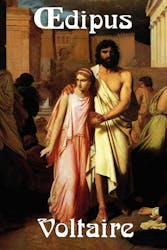
Oedipus
Voltaire Voltaire
book
Alzire
Voltaire Voltaire
book
Catiline
Voltaire Voltaire
book

Orestes
Euripides
book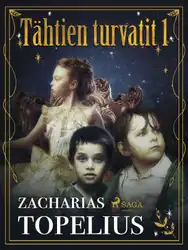
Tähtien turvatit 1
Zacharias Topelius
book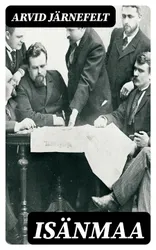
Isänmaa
Arvid Järnefelt
book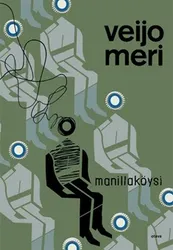
Manillaköysi
Veijo Meri
book
Ruusun nimi
Umberto Eco
audiobook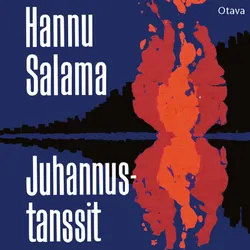
Juhannustanssit
Hannu Salama
audiobook
Vänrikki Stålin tarinat
Johan Ludvig Runeberg
audiobookbook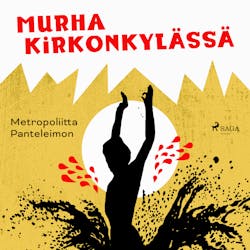
Murha kirkonkylässä
Metropoliitta Panteleimon
audiobook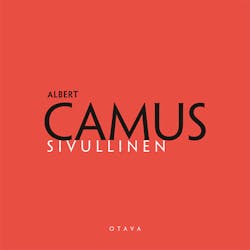
Sivullinen
Albert Camus
audiobookbook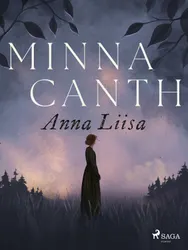
Anna Liisa
Minna Canth
book
The Cyclops
Euripides
book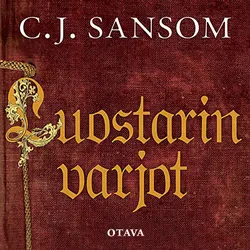
Luostarin varjot
C. J. Sansom
audiobookbook
